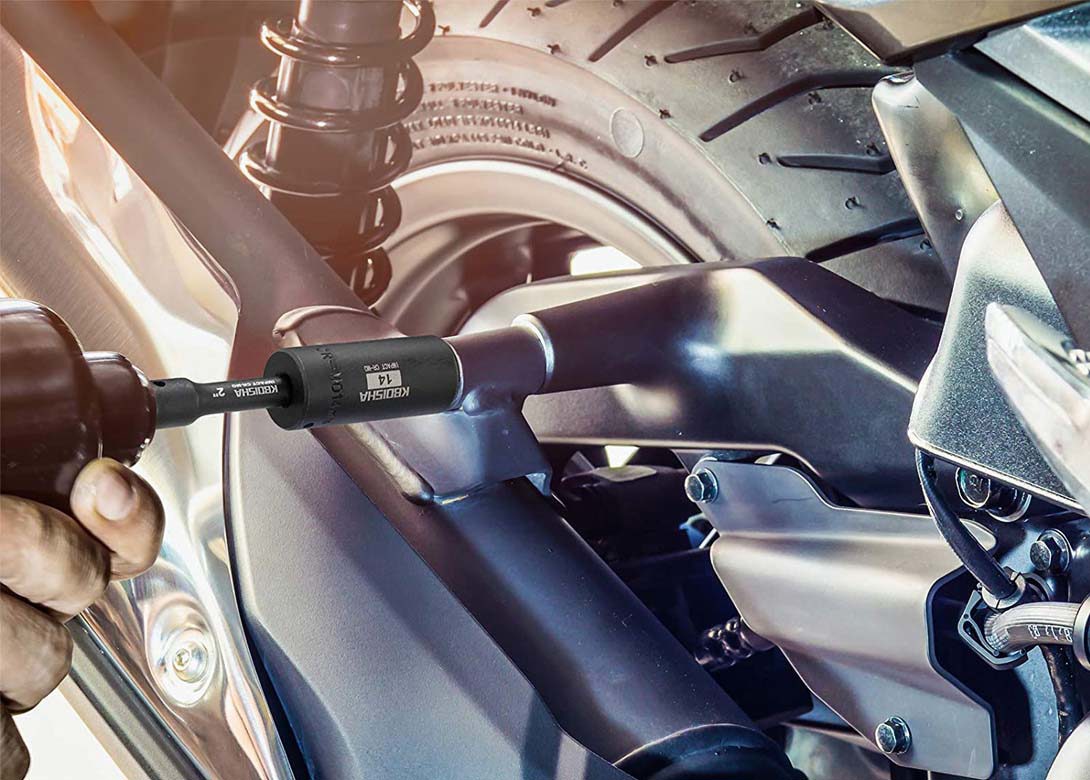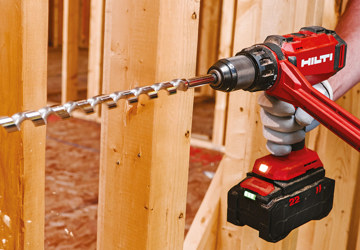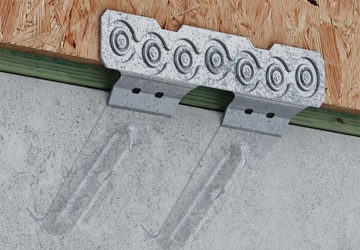

Here handtool manufacturer STE discusses the benefits and differences between impact socket sets and regular socket sets and how to identify which set is right for a particular application.
More commonly, regular sockets are mostly chrome in colour and impact sockets are mostly black, giving a quick and easy way to distinguish between the two early on. Impact sockets normally offer stronger rust resistance and life span, as well as being stronger. Whilst regular sockets are used mainly for manual light-duty work, impact sockets can be used for both light-duty work and impact driver heavy-duty work.
When looking at impact sockets and chrome sockets, chrome sockets define sockets which have a chrome plating and are only used for manual light-duty work, whilst Impact sockets define sockets which are used for heavy-duty impact work but you can also use them for light-duty work.
In general it can be fair to say that a heavier socket is better than a lighter socket because the heavier the socket, the less force will be applied to the nut/bolt to move it. Heavier sockets also are much more durable. Plus, rigidity is also very important along with weight, the more rigid the socket, the more efficiently force will be applied to a nut/bolt to loosen or tighten it.
But are impact sockets really necessary? The short answer is yes and no. Whether you need an impact socket or not will depend upon what intensity of work you are doing. If you are using a manual ratchet – for daily personal work which does not include impact work – then a normal socket will be perfectly fine and you do not need to spend extra on a professional impact socket set.
But if you are using a machine powered impact driving system for intense work, then a normal socket set will most likely shatter or get damaged. So, in this case, a high-quality impact socket set that will not only work well with the impact driving system without shattering or cracking is required, but it will also last longer than a normal socket set.
All impact sockets feature a hole at the impact driver attachment side of the socket. The main function of this hole is to allow the retaining/locking pin to get into it and attach the socket and driver firmly so they do not get separated during operation.
For impact socket hole, there are two kinds of locking pin mechanisms – detent pin and O-ring and pin. The first kind of locking pin, a detent pin is fixed in the gun/wrench head and consists of a spring mechanism. When you push the socket, the pin will be pressed down, but when the hole comes onto the pin, the pin will rise and get locked automatically into the hole due to the spring. This will ensure that the socket and gun/wrench do not get detached due to vibrations.
The second kind of locking pin mechanism will consist of a straight pin rod and an O-ring. In this case, the gun head will also have a hole in it. For precise attachment, both socket and gun head holes will have to align, then the pin will be inserted down all the way, and an O-ring will be placed over the pin so it does not fall off. This mechanism is very tiresome and you need to get the pin out and push it again every time you change a socket. Despite being tiresome, some people say it is the safer mechanism.
So how else can you identify an impact socket and regular socket set? It is important to note that chrome plating is always done on regular sockets and never on impact sockets because it will most likely chip off if used on impact sockets. So, when you see a chrome plated socket in the market, it will be a regular standard socket and if you see a black color socket in the market, it will be most likely an impact standard socket.
Both impact and regular quality socket sets have their own uses. Regular socket sets are lesser in price, average in quality but are fit for light-duty, non impact work, while impact socket sets are higher in price, professional-grade in quality and use for mostly heavy-duty impact work.

Having spent a decade in the fastener industry experiencing every facet – from steel mills, fastener manufacturers, wholesalers, distributors, as well as machinery builders and plating + coating companies, Claire has developed an in-depth knowledge of all things fasteners.
Alongside visiting numerous companies, exhibitions and conferences around the world, Claire has also interviewed high profile figures – focusing on key topics impacting the sector and making sure readers stay up to date with the latest developments within the industry.





